10 Oscar-Winning Films That Didn’t Deserve the Award
The Academy Awards have crowned some timeless classics, but they’ve also handed out statues to films that left audiences puzzled. Over the years, a few winners have aged into symbols of Oscar politics, studio campaigning, or just plain bad calls. These movies aren’t always terrible, but they’re remembered for the trophies they shouldn’t have taken home.
Crash (2005)
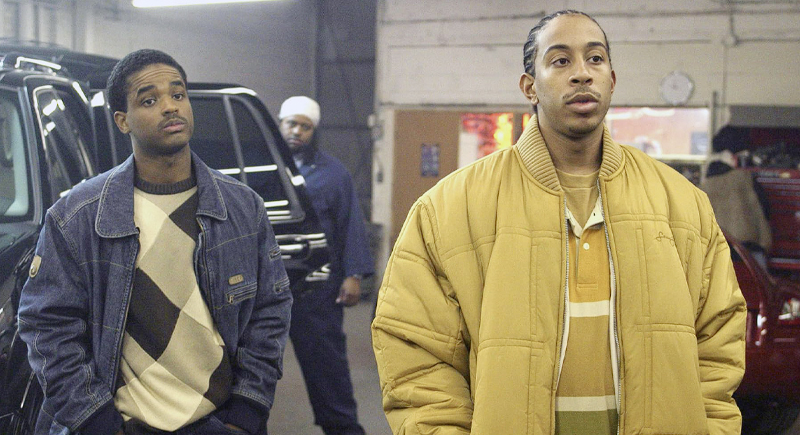
Credit: IMDb
Winning over Brokeback Mountain remains one of the most debated Oscar decisions. Crash explored societal tension in Los Angeles through an ensemble cast and interconnected storylines, but critics found it heavy-handed and contrived. Even its director, Paul Haggis, later admitted it wasn’t the best film that year.
Shakespeare in Love (1998)
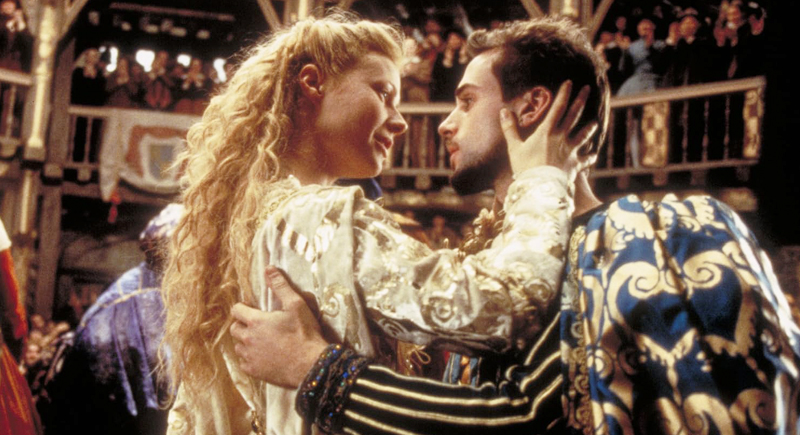
Credit: IMDb
Shakespeare in Love is a sweet, witty period romance that became an Oscar juggernaut thanks to Harvey Weinstein’s infamous campaigning. It’s hard to remember much about the movie beyond the fact that it toppled Spielberg’s visceral Saving Private Ryan, one of the most acclaimed historical films ever made.
Green Book (2018)
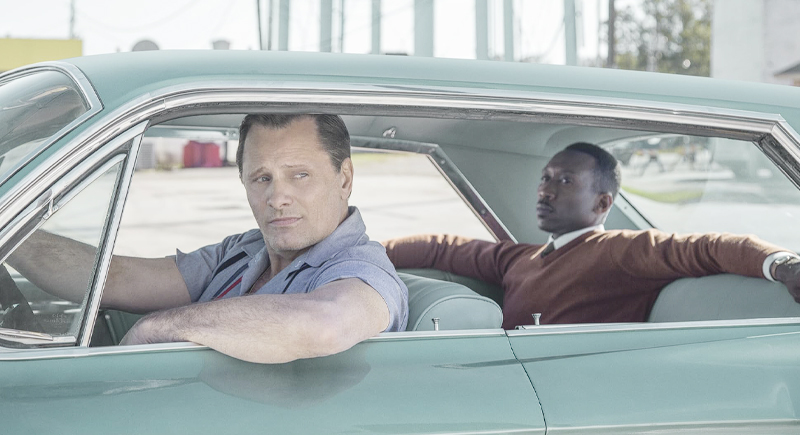
Credit: IMDb
Green Book aimed to tell a story about friendship, but did so through a lens many found outdated. Its wins over BlacKkKlansman and Roma raised eyebrows, especially given the criticism that it sidelined its Black protagonist’s perspective. Spike Lee famously tried to leave the ceremony early, calling the result “bad refereeing.”
The Greatest Show on Earth (1952)
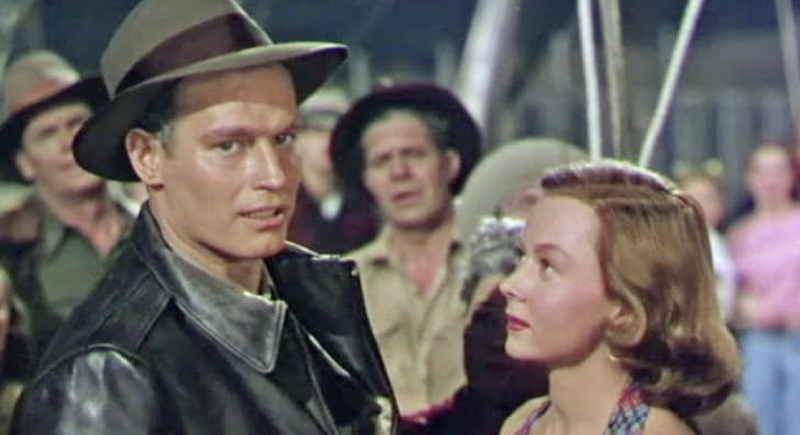
Credit: IMDb
Cecil B. DeMille’s circus spectacle snagged Best Picture in what’s now seen as a career-recognition win. The problem was that the film played more like a stretched-out advertisement for Ringling Bros. than serious cinema. Even DeMille later made stronger films.
Out of Africa (1985)
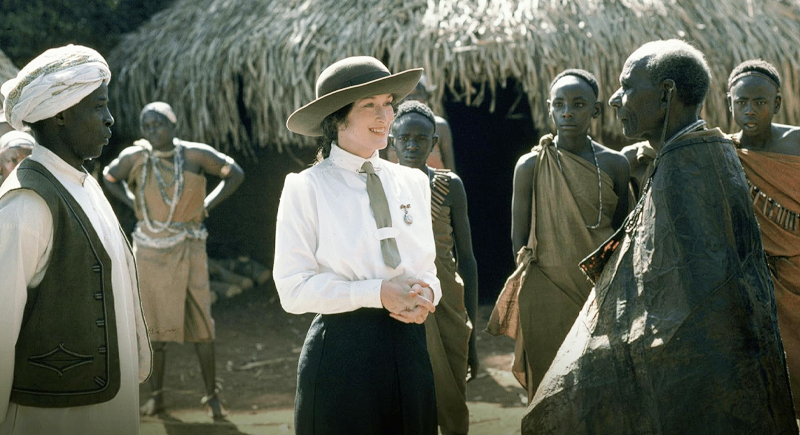
Credit: IMDb
Out of Africa was considered an Oscar favorite from the start, with Meryl Streep and Robert Redford leading the awards buzz. Yet, in hindsight, it’s often ranked among the weakest Best Picture winners, especially when compared to the more impactful and lasting The Color Purple.
Birdman (2014)
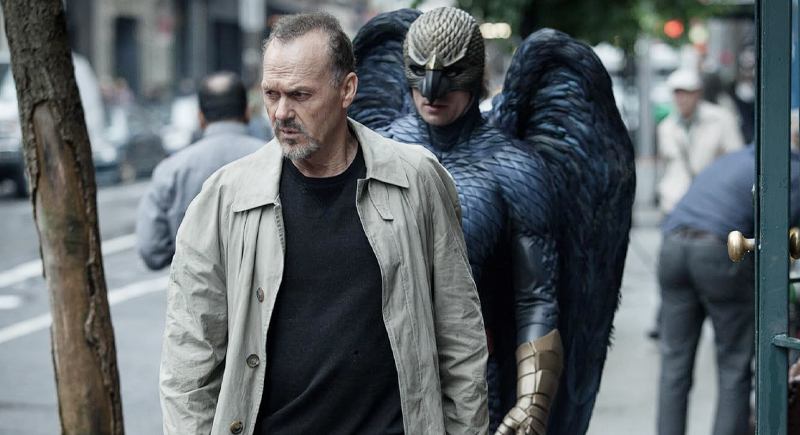
Credit: IMDb
Alejandro G. Iñárritu’s film had ambition, technical flair, and an Oscar-ready subject—actors reflecting on fame. Still, its win over Boyhood, a groundbreaking 12-year production, didn’t sit right with many. Birdman’s backstage cynicism aged faster than expected, while Boyhood continues to feel like a milestone in storytelling.
The King’s Speech (2010)
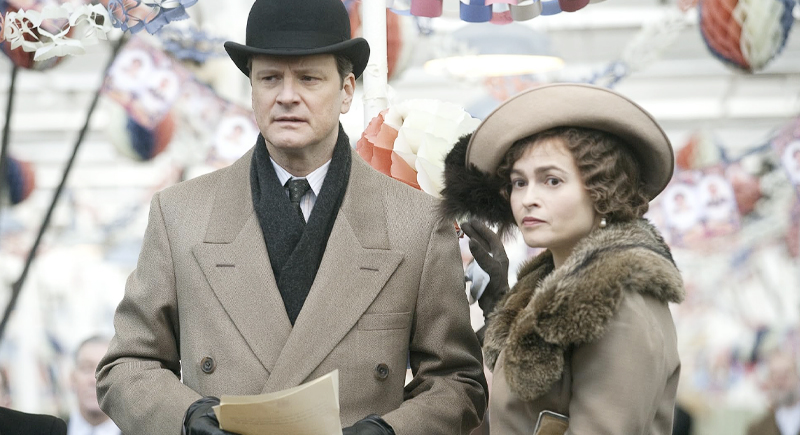
Credit: IMDb
The King’s Speech checked every Oscar box: a royal overcoming adversity, polished performances, and historical drama. However, that same year, The Social Network was sharper and more culturally relevant. Critics leaned toward Fincher’s brisk, biting portrait of tech-era ambition. The Academy favored the safer, traditional choice.
Dances with Wolves (1990)
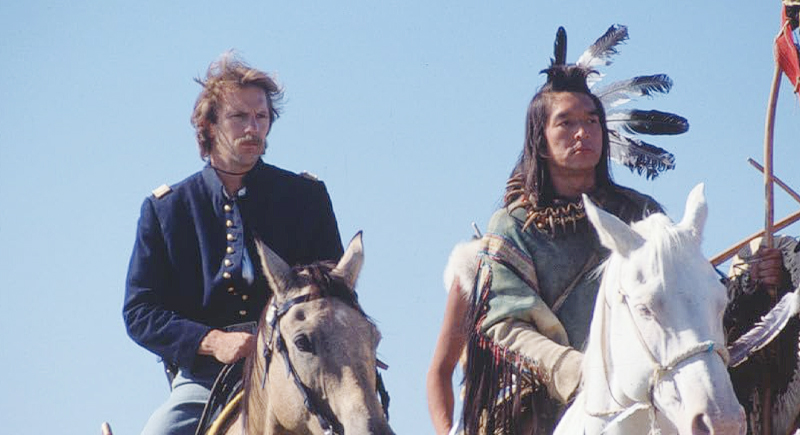
Credit: IMDb
Kevin Costner’s three-hour frontier saga swept the Oscars, but history has been kinder to the film it beat: Goodfellas. Dances with Wolves looks beautiful, but moves like molasses and leans heavily on the “white savior” trope. It feels like the safer pick, not the better one.
Chariots of Fire (1981)
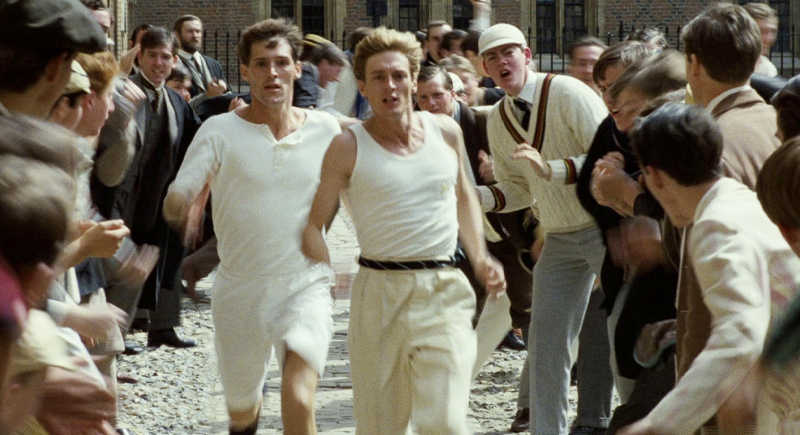
Credit: IMDb
Chariots of Fire is remembered more for its slow-motion running and Vangelis theme than anything else. While a decent film, its victory over Raiders of the Lost Ark still puzzles many. Spielberg’s action-adventure classic redefined the blockbuster and launched a franchise. Chariots is respectable, but it didn’t shape cinema the way Raiders did.
Argo (2012)
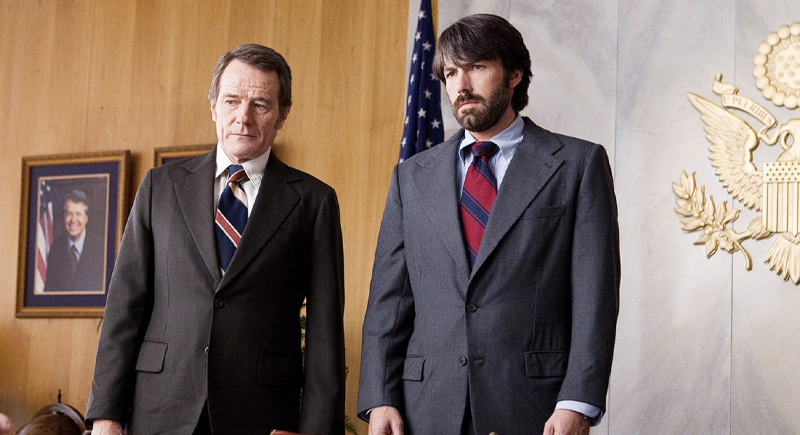
Credit: IMDb
Ben Affleck’s thriller about smuggling Americans out of Iran is solid entertainment, but Best Picture? It rode a wave of sympathy after Affleck was snubbed for Best Director, which turned it into a collective “make it up to him” vote. Films like Lincoln and Zero Dark Thirty offered more complexity and weight.